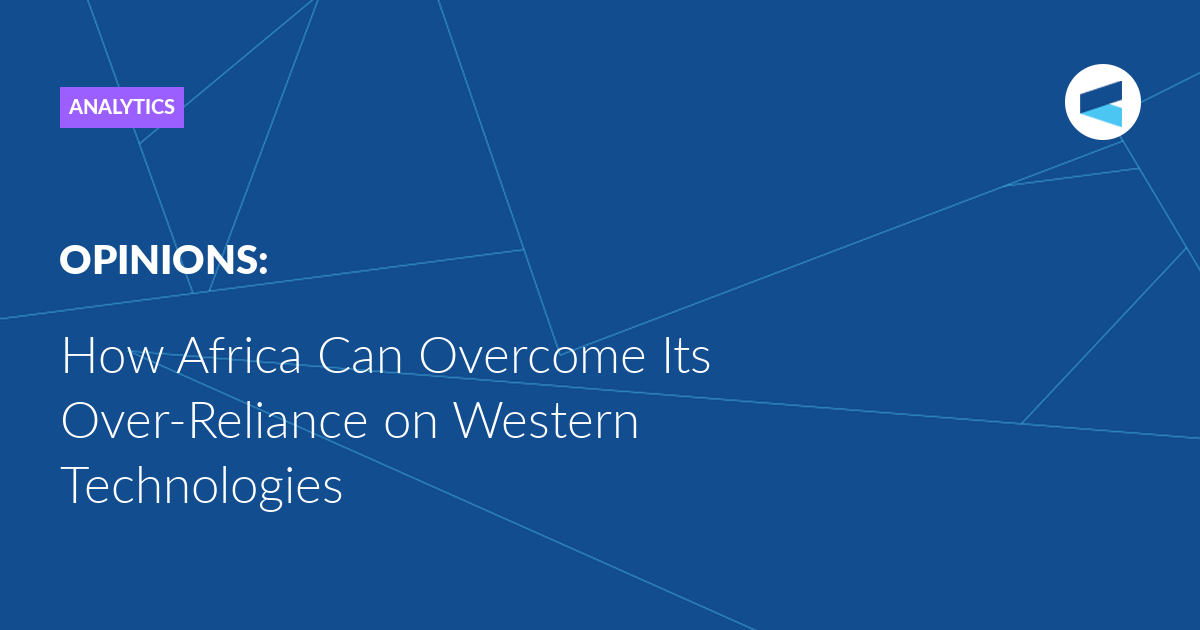According to African governments, public-private partnerships are expected to play a crucial role in the development of innovation centres. These partnerships involve the state covering only a small portion of the overall costs associated with the construction of these centres, typically around 5-10%. The success of these projects largely depends on private companies, which are expected to get a favourable environment for their operations, Konstantin Pantserev writes.
Upon gaining independence, the nations of Africa faced the challenge of integrating into the global system as equal players. The leadership of these countries largely linked its strategy to the implementation of industrialisation in order to achieve parity with the world’s leading powers within a decade or two in terms of socio-economic progress. However, lacking a solid financial and technological base to address this objective, African countries became reliant on external assistance for development, which has only increased over time.
With the advent of the first advanced information and communication technologies (ICTs), African countries saw an opportunity to move towards a more innovative economic model and, ultimately, achieve sustainable socio-economic growth. This approach is reflected in numerous strategic documents adopted by African countries. For instance, Kenya Vision 2030, a general policy document adopted by the Government of Kenya in 2008 which represents the country’s development plan for the 2008–2030 period, outlines a number of strategic directions that, to varying degrees, are based on the utilisation of the latest ICTs.
A similar document has been developed in Nigeria (Vision 2020). The Nigerian strategy aims to position the nation’s economy among the top twenty leading economies by 2020, and to play a significant role in the socio-economic development of Africa on the global arena. Information and telecommunications technologies are identified as crucial components in achieving this goal, as they are expected to contribute to sustainable socio-economic growth through effective implementation.
In fact, this approach to the crucial role of information and communication technologies (ICTs) in society has become predominant in most African nations. Consequently, numerous African states have implemented a plethora of specialised national policies and action plans aimed at furthering the development of information technology, with the primary focus on the following key areas:
- General liberalisation of the ICT industry and the creation of conducive environments for private investment (primarily from non-African sources).
- Establishment of public-private partnerships in the ICT sphere.
- Further development of fibre optic cable networks and the search for optimal Last Mile solutions.
- Provision of universal access.
- Promotion of ICT opportunities to the local population.
- Informatisation of public authorities.
- Provision of a diverse range of electronic government services to citizens through information technology.
- Widespread adoption of digital technologies in education and training.
- Promotion and development of locally produced digital content.
- Development of e-commerce operations.
In general, given the overall assessment, it should be recognized that over the past 25 years, Sub-Saharan African countries have made significant progress in information technology development, compared to the “absolute zero” level observed in the late 1990s and early 2000s. The main driver for this progress was the laying of underwater fibre optic cable networks along the coasts of West and East Africa in the first half of the 2000s, which aimed to connect Africa with the global communications infrastructure. This project significantly reduced the cost of internet connectivity, making it more affordable for the population.
However, the laying of undersea fibre-optic communication lines with a total length exceeding 30,000 kilometres was only partially able to resolve the issue of African countries’ access to the internet, as such communication lines were only connected to large industrial hubs, leaving remote rural areas without high-speed internet connectivity. Therefore, mobile communication services have started to actively develop in Africa, providing even residents of remote rural communities with the opportunity to access the internet using mobile devices. This rapid growth of mobile communications in African nations has been referred to as the “mobile revolution.”
Another significant aspect of the issue of information technology advancement in Africa is the establishment of technology parks. These parks’ primary objective would be, amongst other things, to produce software that meets the needs of the local population to the greatest extent possible. To date, technology park projects have been initiated in Kenya, Ghana, Senegal, Rwanda, Ethiopia and Gambia. These initiatives aim to establish their own high-tech information technology (IT) hubs in Africa that will house software development firms, data centres and educational institutions dedicated to training personnel for the IT sector. However, the ultimate implementation of these significant projects for the continent has been constrained by a challenge common to most African nations – a lack of funds.
According to African governments, public-private partnerships are expected to play a crucial role in the development of innovation centres. These partnerships involve the state covering only a small portion of the overall costs associated with the construction of these centres, typically around 5-10%. The success of these projects largely depends on private companies, which are expected to get a favourable environment for their operations. However, it would be naïve to expect African countries to have a sufficient number of local investors willing to invest in their IT industry. Instead, these investments are likely to come from Western IT giants that have already been involved in building the information and telecommunications infrastructure in African countries, not only through financial investments but also by exporting technologies.
As a result, the main challenge facing African countries today is that all of their information systems rely primarily on Western software. It is doubtful that African countries will be able to develop their own software in the near future. It appears that they will continue to rely on imported technologies, thus increasing their financial and technological dependence on the leading Western powers.
The Valdai Discussion Club was established in 2004. It is named after Lake Valdai, which is located close to Veliky Novgorod, where the Club’s first meeting took place.
Please visit the firm link to site






